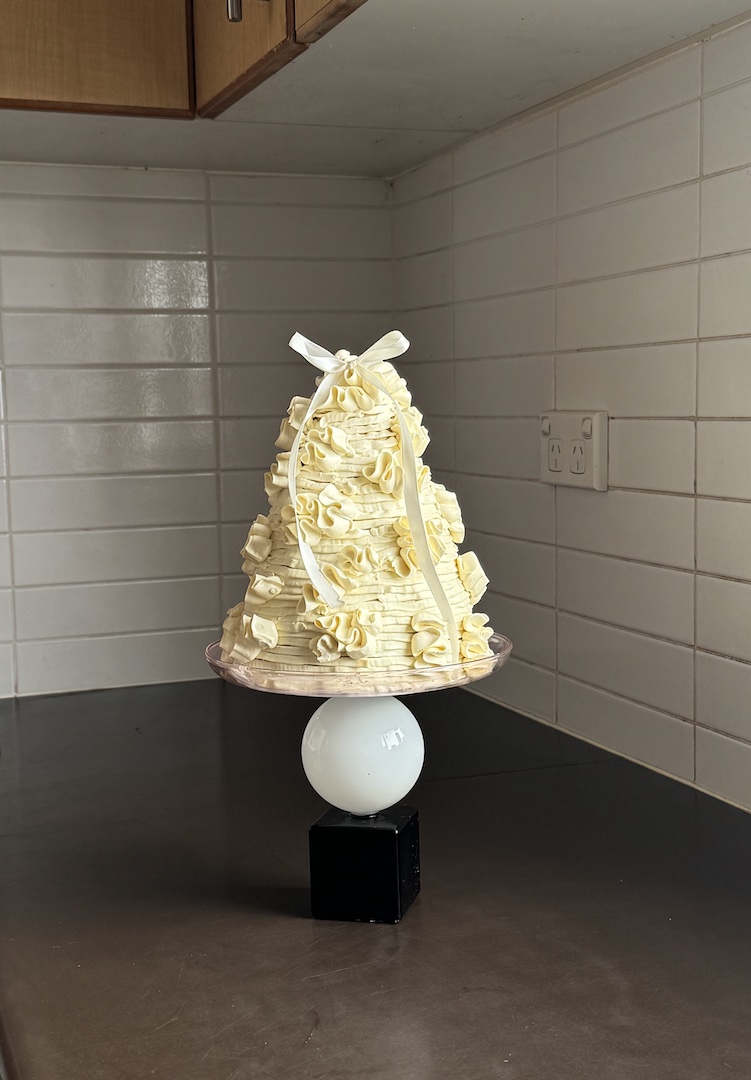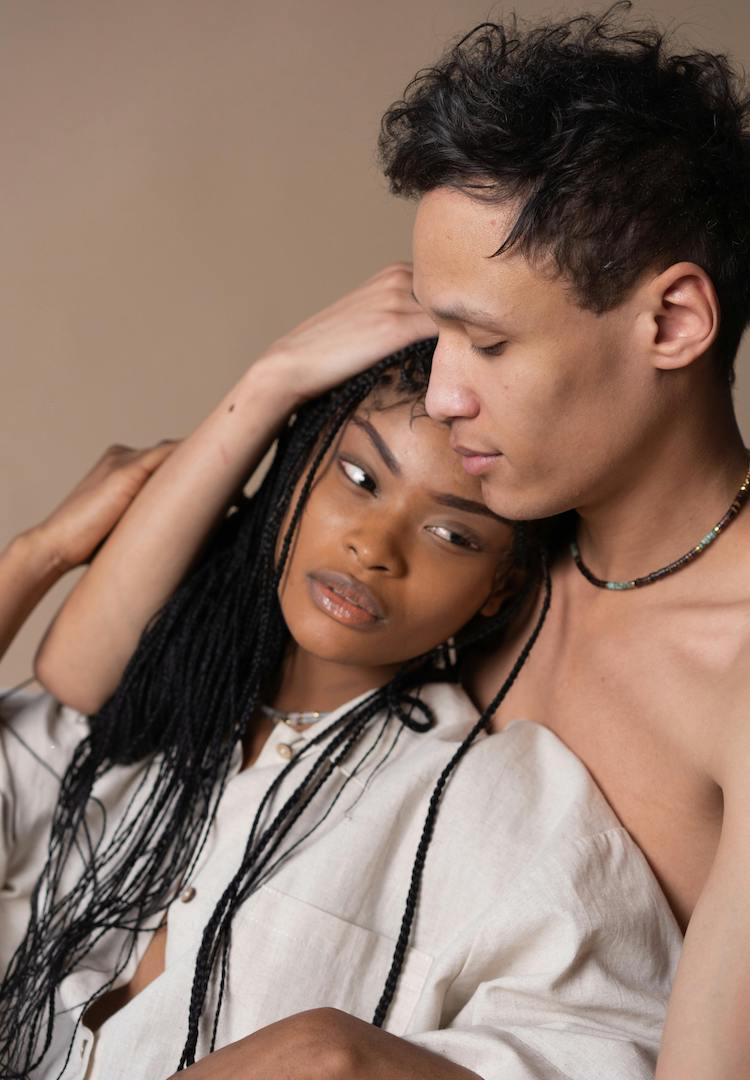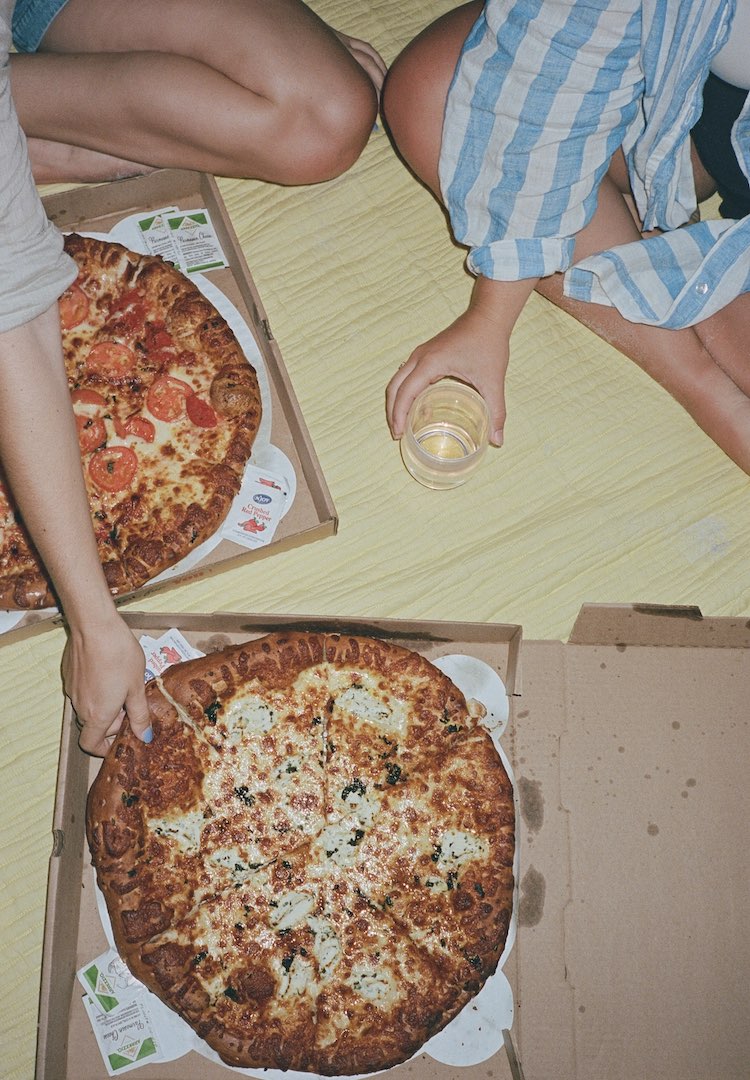A couples therapist’s guide to breaking up with a friend
WORDS BY JASMINE WALLIS
There are a million and one movies, books, and think pieces about romantic breakups but what happens when you lose a friendship?
I’m not sure if it’s 2023, some planet being in retrograde or entering my mid-twenties, but lately, I’ve been reevaluating a lot of friendships in my life.
I’m unfollowing old pals from high school like it’s the latest Instagram challenge and the very people who I’d once imagined to be in my future wedding party – those of such high importance I’d send them voice memos about my lunch – are now nowhere to be seen.
Looking for more thought-provoking reads? Try our Life section.
These are friendships that I thought would last forever, and the realisation they are changing is tricky. It’s made me notice that within our society, friendship breakups aren’t spoken about anywhere near as much as romantic breakups.
The obvious problem is that our hurt goes unrecognised, sometimes even by ourselves. We end up in mourning without realising we’re in mourning, and so carry on without taking the time to process the cocktail of complex emotions that a friendship breakup necessarily entails – the loss, the hurt, the guilt, the shame.
This fact was made abundantly clear when I started asking friends about the topic. Out came tumbling story after story about the negative feelings brought on by a friendship breakup that had lingered on for months, or in some cases years, but had never really been spoken about.
My friend and content creator, Bianca Hill, made a piercing observation. “You tell your friends everything – sometimes more than partners – and all that personal information is still sitting with this person who is no longer in your life.” But while true, this only begins to touch the tip of the iceberg of what it means to lose a friend.
As someone who dearly values friendships, I understand how difficult it can be to know when to let go of your grade-five pen pal, let alone a once-close friend. But with time comes growth, and it’s important to recognise when you and a friend have grown apart. I figured we could all use some advice to deal with the emotions that ending a friendship can bring, which is why for this article, I turned to couples counsellor Natalie Claire King.
“The idea of a romantic relationship being more important than friendships is because, when you have those romantic relationships, you then work towards (potentially) getting married, having kids and having a future together,” explains Natalie.
“But with friendships, it can seem like you’re not working towards that same kind of life goal when in reality, friends can really be the building blocks to help you get to any life goals.”
It doesn’t take a professional to know that friendships are important for feeling fulfilled in our lives. This, as Natalie explains, means it’s also important to acknowledge when you’re feeling that things may not be going smoothly.
I asked Natalie what red flags we should look out for, to which she said it’s dependent on “so many factors”. But the main one is whether or not that friendship is serving you anymore.
“I think a lot of the time, people can feel they’re chasing a friendship and not getting a lot in return. They’re spending more time and energy than they might have once before, and they feel like they’re getting more hurt, rather than joy, out of a friendship.”
Natalie says as the friendship “falls away” you have to reevaluate what that person brings to your life. When you realise it might not be very much… that’s the tricky part.
“That can be a really hard realisation because it can mean a potential loss. Especially when you might have spent a lot of time with this person and you’ve shared both fun and hard times together.”
On the other hand, when you’re finding a friendship more draining than over, Natalie suggests sitting down with that person and just being honest.
“If that person is calling you every day with every crisis, maybe they need to speak to a professional about it. When you’re feeling like a friend has changed a bit, and they’re needing more from you than you’re willing to give, then you do have to be very clear, kind and honest.”
Friendship breakups can happen at any time in your life. Whether it’s on the playground or in the nursing home, friends can come into your life for different reasons and seasons.
In your twenties, however, it may feel like your friendship group is growing smaller by the month. Natalie says this is due to the really rapid rate of changes we go through during this time.
“Our twenties are the turning point for a lot of us – as to what our values are, what we want out of life and what path we’re going down. When they’re different from the people who mean the most to us, it can be a big clash.”
If you find a friendship falling apart, Natalie says to remind yourself that sometimes it’s not through any fault of your own. “It might not have anything to do with you; just that they’re going down a different path that’s not aligned with yours. But it can still feel really personal because they’re close friends and they meant so much.”
Just because you had a platonic friendship with a person doesn’t mean it wasn’t valuable. Natalie says to think about a friendship breakup in the same way our society gives grace to people going through romantic breakups.
“It’s so understandable that you’d be feeling upset about the end of that friendship. And just because it’s a friend doesn’t make it any less important than how you might grieve a romantic relationship.”
Natalie’s main advice is to give yourself time to heal; reach out to other, more solid, friends in your life and figure out what you want in other friendships moving forward.
“When a romantic relationship ends, we think about what we did and didn’t want out of it. I think that can be applied to friendships as well,” says Natalie. “You can’t get everything from one person, but if you’re getting bits and pieces of good stuff then that’s great.”
As for the anecdotal evidence from my friends that losing their friendships hurts (and does so for a really long time), Natalie confirms that losing a friend or grieving the end of a friendship is big, and shouldn’t be downplayed.
“Friendships are incredibly important. They help us feel less lonely in the world, they make us feel worthy, important and valuable. So when you don’t have the person who gave you that in a big way anymore, it’s really hard.”
Natalie ends our conversation with sage advice for anyone going through the end of a friendship – that maybe not tomorrow or next week, but someday, you’ll feel better.
“Give yourself credit because going through change and being brave enough to end it is tough. Just keep in mind, you’ll most likely end up stronger afterwards.”
To find out more about Natalie’s services, head here.













